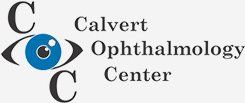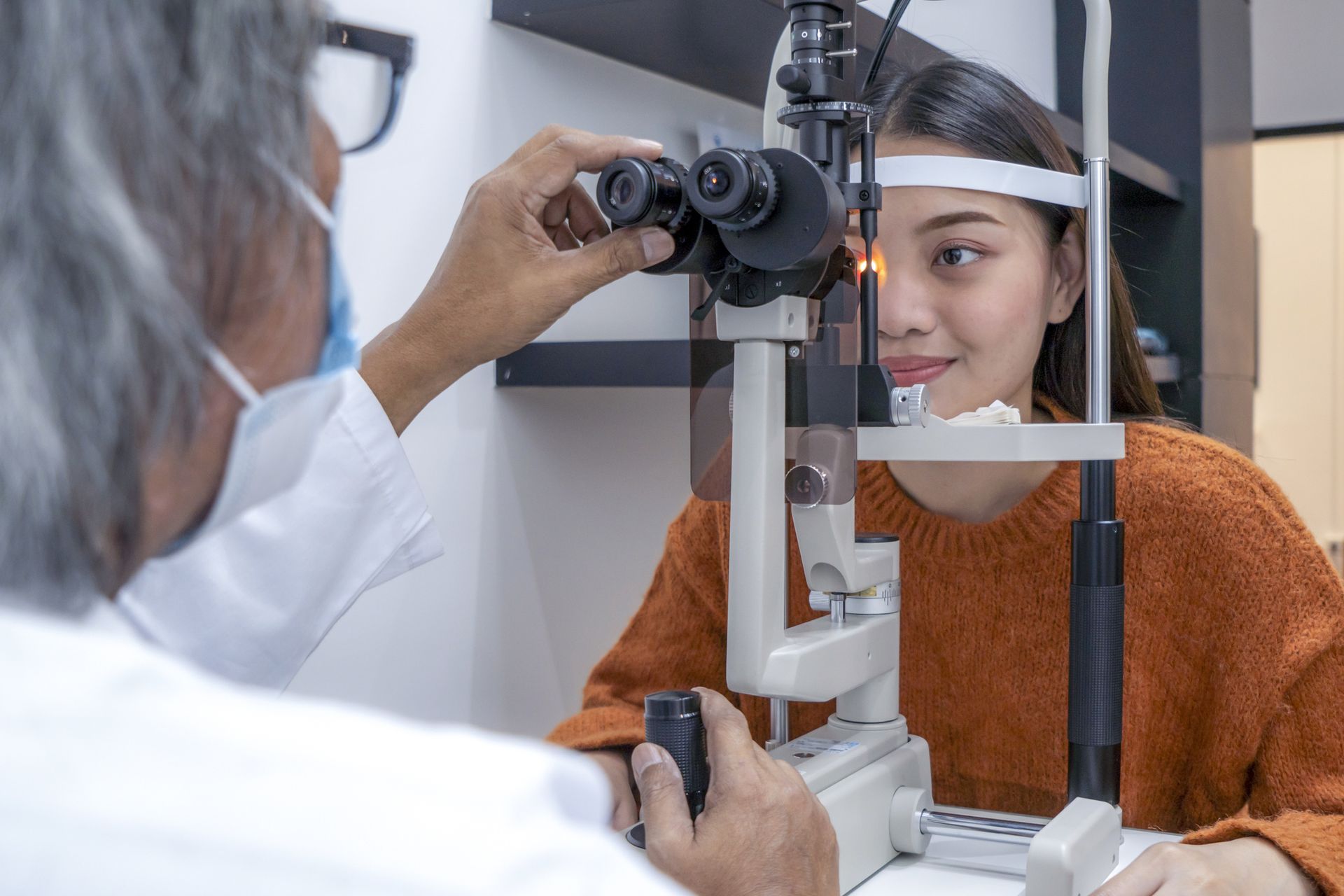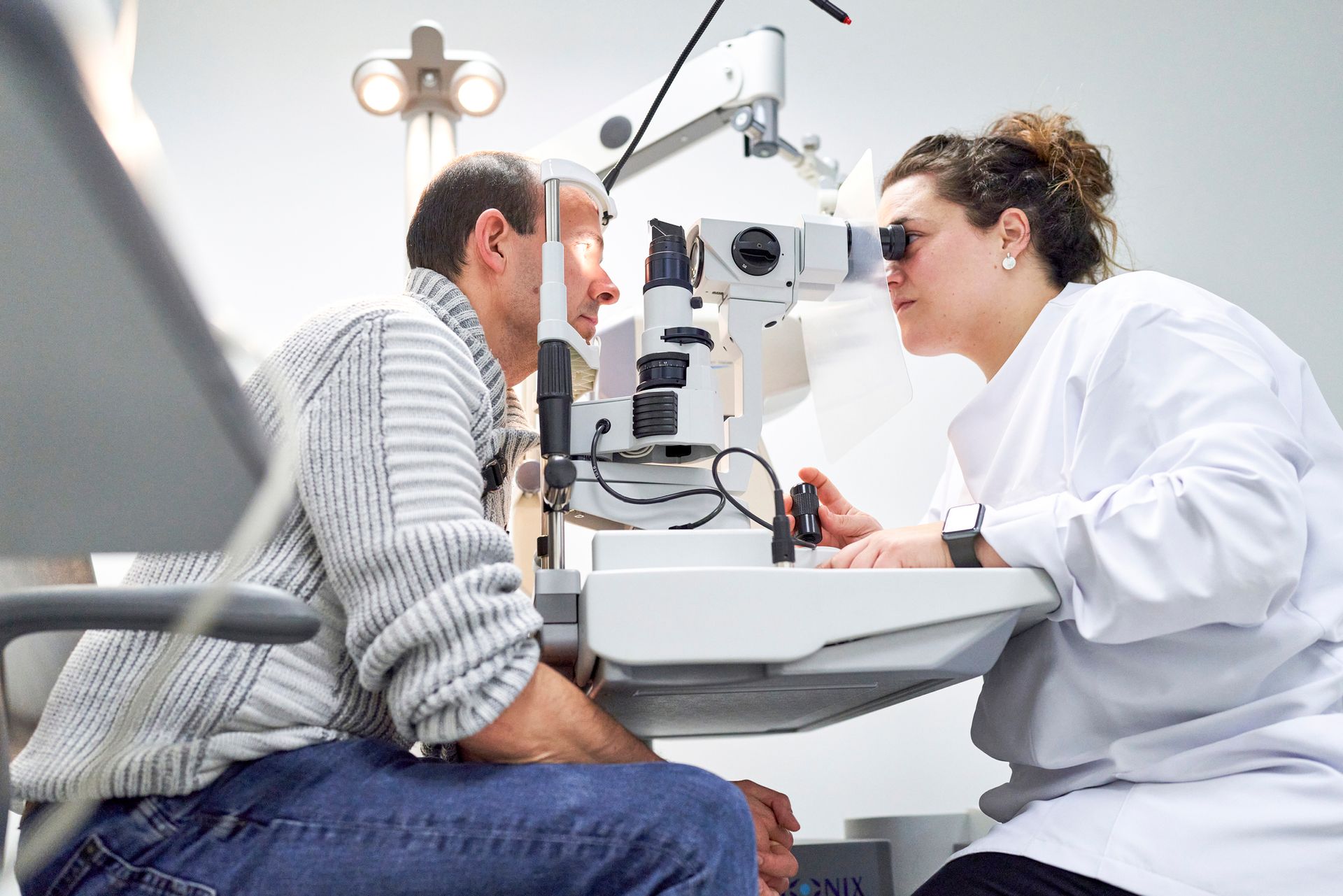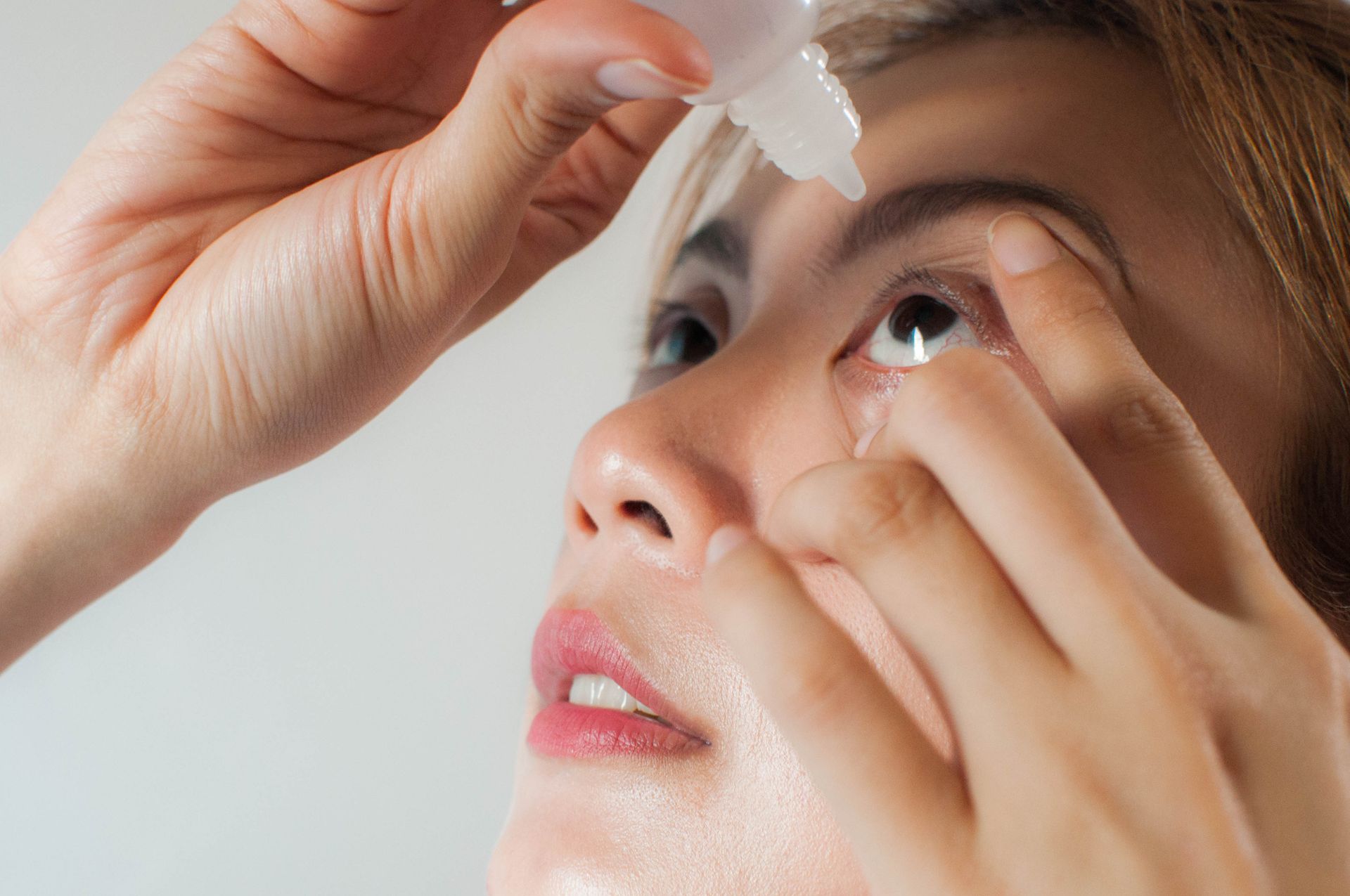When To Consider Replacing Your Contact Lenses
Imagine embarking on your daily endeavors with a crisp, clear vision sans the burden of spectacles. Contact lenses offer this liberating experience, transforming routine activities into effortless tasks. Yet, this liberation comes with a responsibility––timely replacing these lenses.
But how often should you do this? Are there telltale signs to tell you when it's time for a change? Read on to unfold the mystery and understand when to replace your contact lenses.
The Expiration Date Has Passed
Just like perishable food items, contact lenses too have an expiration date. And it's there for a good reason––to ensure your eyes' safety.
Each pair of contact lenses is designed to be worn for a specific period, after which the lens material degrades. This degradation can cause the lens to become less comfortable, potentially causing eye irritation and increasing the risk of more serious eye infections. As such, you need to replace your contact lenses once their expiration date has passed to maintain optimal eye health.
The expiration date is not arbitrary but is based on clinical trials and extensive testing by manufacturers to determine the maximum safe usage period. Also, remember that the expiration date also pertains to the lens solution in which the lens is stored. Beyond the expiration date, the solution's sterility cannot be guaranteed, which can compromise the cleanliness of the lenses.
Wearing poorly sanitized lenses can introduce harmful bacteria to the eyes, leading to serious complications such as corneal ulcers. You might have to deal with more than you bargained for if you try to stretch the life of your contact lenses beyond this expiration date.
You Have Symptoms of Discomfort
Experiencing discomfort when wearing contact lenses is a warning that something may be amiss. The discomfort can be due to different factors, like lens material deterioration, a tear or crack in the lens, or harmful bacteria.
The lens material can deteriorate even before the expiration date. This can lead to dryness, itchiness, or a gritty feeling in your eye, making it uncomfortable to wear the lenses. Furthermore, a damaged lens can scrape the delicate surface of your cornea, causing pain and possibly a corneal abrasion.
This is why it's crucial to replace your lenses at the first sign of discomfort, as continued usage can exacerbate these issues and potentially cause severe eye damage.
A buildup of debris on the lenses can also trigger discomfort and decrease the lenses' ocular performance. Debris proteins or lipids accumulate on the surface of the lens with time, reducing its absorbency and blurring your vision. This debris can also make your lenses difficult to wear as they may stick to your eye more than usual.
Additionally, a buildup of cells and proteins on contact lenses can lead to complications such as microbial keratitis––an eye infection caused by bacteria, fungi, or viruses. Keratitis can cause pain, redness, and inflammation that may require urgent medical treatment. So don't ignore any discomfort you feel while wearing your lenses. Consult an eye care professional immediately to avoid these extreme consequences.
They Frequently Tear or Fall Out
Contact lenses that fall out may suggest they no longer fit your eyes properly. This could be due to eye shape changes or an incorrect initial fitting. Wearing ill-fitting lenses can cause redness and irritation, potentially leading to serious eye conditions like corneal abrasion and corneal ulcers.
In addition, if your contact lenses fall out, it can also mean that the lens are not maintaining hydration effectively, which could dry out your eyes and lead to discomfort. This can happen as the lens material degrades with time. It becomes more rigid and less capable of locking in moisture.
You need to replace lenses that frequently slip off or fall out, as this is a sign that the lens has lost its optimal characteristics and will not provide adequate eye protection or visual acuity.
Contact Calvert Ophthalmology Center for a fresh contact lens exam to help you get your vision back to its best.













